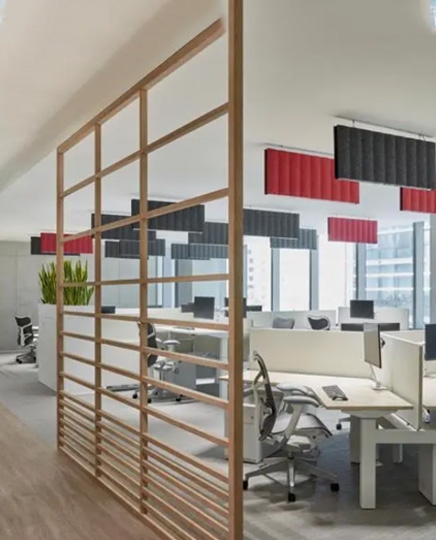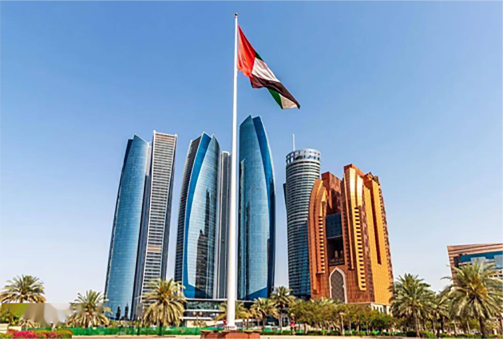The UAE mainland serves as the primary business operation hub. This area is also known as the "Mainland Company Formation Zone". The entire geographical region granted by the Department of Economic Development (DED) of each emirate to all commercial entities to freely carry out business functions is referred to as the UAE mainland.
Establishing a company in the UAE presents numerous opportunities. With its strategic location and business-friendly policies, the mainland attracts entrepreneurs looking to establish a presence in the region. In Dubai, UAE, forming a company whether on the mainland or in a free zone requires navigating regulatory frameworks and compliance procedures.













Real estate investment in the UAE comes with the following risks and coping strategies:
Market Volatility Risk: The UAE real estate market is influenced by global economic conditions, oil price fluctuations, and geopolitical factors. For example, the 2014 oil price drop led to a temporary downturn in the UAE property market.
Project Delay or Abandonment Risk: Many investors opt for off-plan properties, but developers may face funding or construction issues, leading to delayed delivery or even project abandonment.
Legal and Policy Risk: While current policies are foreign-investor-friendly, future adjustments—such as changes to foreign ownership restrictions—could impact the market and investors.
Market Competition Risk: Popular investment areas and projects face intense competition, potentially resulting in overpricing or difficulty securing high-quality projects.
Funding Risk: Property investments require substantial capital. Funding chain disruptions—such as inability to pay installments or cover maintenance costs—may lead to investment failure.
In-Depth Market Research: Monitor global economic trends, UAE macroeconomic data, oil prices, and local property supply-demand dynamics. Regularly review authoritative economic and real estate reports to understand market trends.
Choose Reputable Developers: Evaluate developers' background, credibility, financial strength, and past project performance. Prioritize large, well-known developers with strong track records, such as Emaar.
Stay Updated on Policies: Maintain close contact with local lawyers and real estate professionals to track regulatory changes and ensure compliance. Always have contracts reviewed by legal experts before signing.
Assess Competition: Before investing, evaluate competition levels in target areas and projects. Set realistic budgets and strategies, avoiding impulsive decisions based on hype.
Plan Finances Wisely: Create detailed financial plans to cover down payments, loan interest, and maintenance costs. Manage leverage prudently to avoid excessive debt.
The tax audit conducted by the UAE Federal Tax Authority (FTA) is an important process aimed at ensuring that businesses and individuals comply with tax laws and fulfill their tax obligations. The UAE FTA (Federal Tax Authority) tax audit refers to the examination of tax records by the UAE Federal Tax Authority for businesses engaged in commercial activities in the UAE, to ensure all companies pay the correct taxes as required. The purpose of the audit is to maintain fairness and transparency in the tax system, preventing tax fraud and evasion.
Audit Process and Required Materials
1. Audit Preparation: Businesses need to ensure that accounting records and commercial ledgers are standardized, convert audit standard document formats, and conduct a comprehensive review of previously submitted tax returns to ensure accuracy.
2. Required Materials: Include financial statements, accounting records, internal control documents, bank statements and confirmation letters, contracts and agreements, capital expenditure and investment records, purchase and sales records, payroll and salary records, asset lists, and tax documents.
Alibaba Bank typically charges corporate accounts various fees, including:
Account opening fee (one-time charge)
Monthly management fee (fixed monthly fee)
Transaction fee (per transfer or transaction fee)
Minimum balance fee (if the account balance falls below the required threshold)
Fee standards vary significantly between different banks. Businesses should carefully compare options when choosing a bank to select the most cost-effective solution.
When registering a company in the UAE, you can choose between a Ministry of Economy or a Free Zone Company, depending on whether you have a physical office, business scope, and customer base. If the company will operate locally and sell products to locals, it is recommended to set up a Ministry of Economy Company; if you do re-export business or open a local bank account, it is recommended to set up a Free Zone Company. (Provided by Adam)

 Add WeChat
Add WeChat